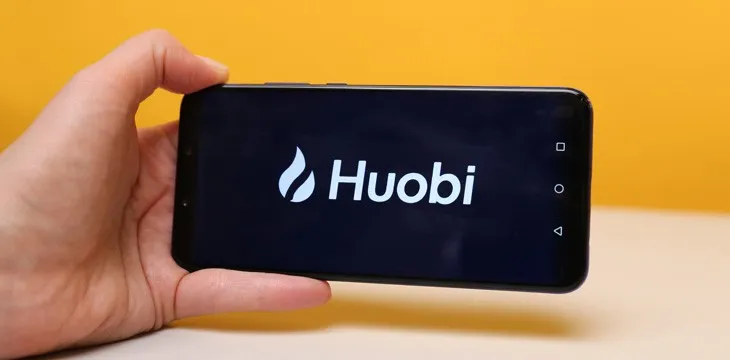|
Getting your Trinity Audio player ready...
|
Huobi cryptocurrency exchange is set to finally stop supporting users from the United States later this month. The Singapore-based exchange, considered to be among the world’s largest for years, has been gradually disabling U.S. accounts and come November 13, it will completely freeze them out.
Despite being one of the earliest adopters of cryptocurrencies, the U.S. has been quite problematic for most crypto exchanges. International exchanges have especially found the going tough, with the U.S. regulators being very stringent on them. And it’s not just the foreign exchanges that have had issues. American exchanges such as Seattle-based Bittrex and San Francisco-based Kraken have also had run-ins with the regulators.
For Huobi, the end of its time in the U.S. has come, and in a blog post, the exchange stated, “In line with the laws and regulations of the United States with respect to crypto assets, our User Agreement expressly prohibits users in the United States from using our platform. For that reason, the accounts of US users have been gradually disabled to prevent any further trading or transferring. We will freeze all US user accounts from 13 November 2019 (GMT+8) onwards. We are sorry for any inconvenience resulting therefrom.”
The exchange requests that all U.S. clients withdraw their assets before the 13th and for traders who engage in margin trading, they must return the borrowed funds. Those whose balance is below the minimum withdrawal amount are requested to contact the customer support for assistance.
Huobi dominated the crypto exchange scene for quite some time, and even though it’s still relatively large, it has since been eclipsed by other exchanges. Originally targeting the vibrant Chinese market, it had to shift its focus when the Chinese regulators banned crypto trading. It went on to open offices in Japan, and is now based in Singapore.
Huobi’s international expansion has seen it receive a crypto trading license in Thailand where it hopes to compete with some leading local platforms. It also ventured into the Turkish market, with Argentina on its radar as well. Two months ago, it also announced that it was launching its own blockchain-powered phone, seeking to expand into hardware and compete with companies like HTC and Sirin Labs.

 07-09-2025
07-09-2025 





